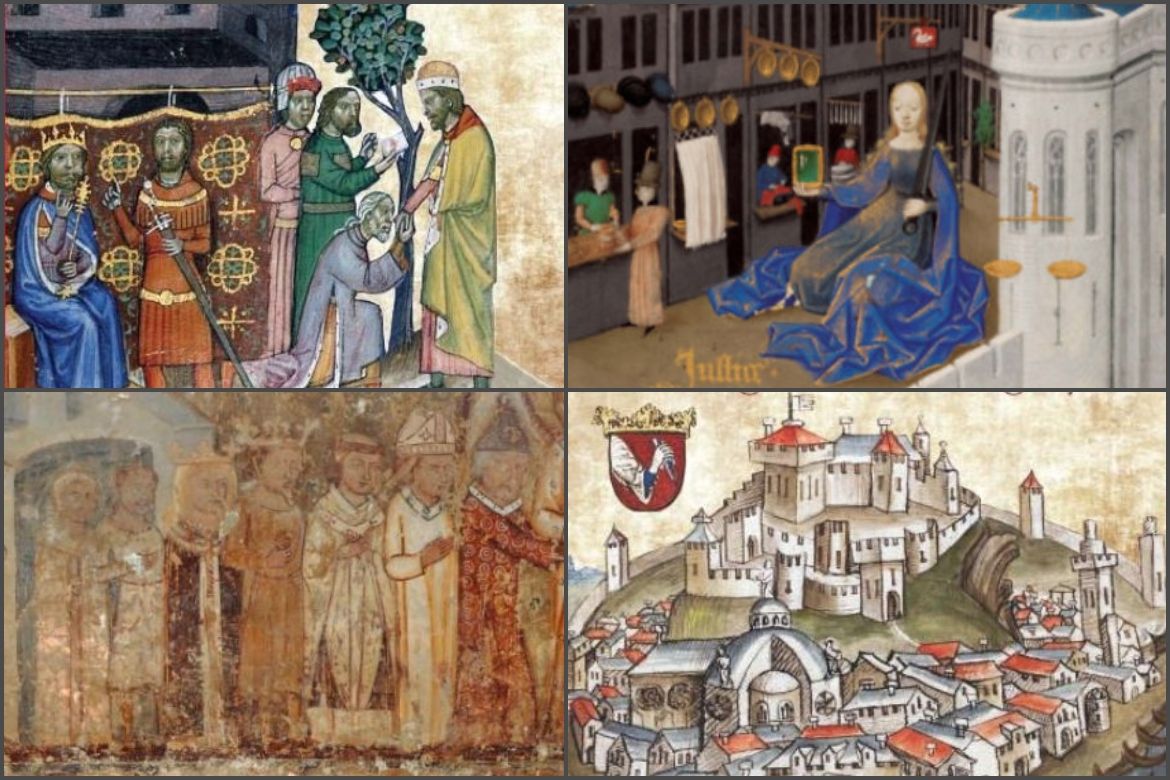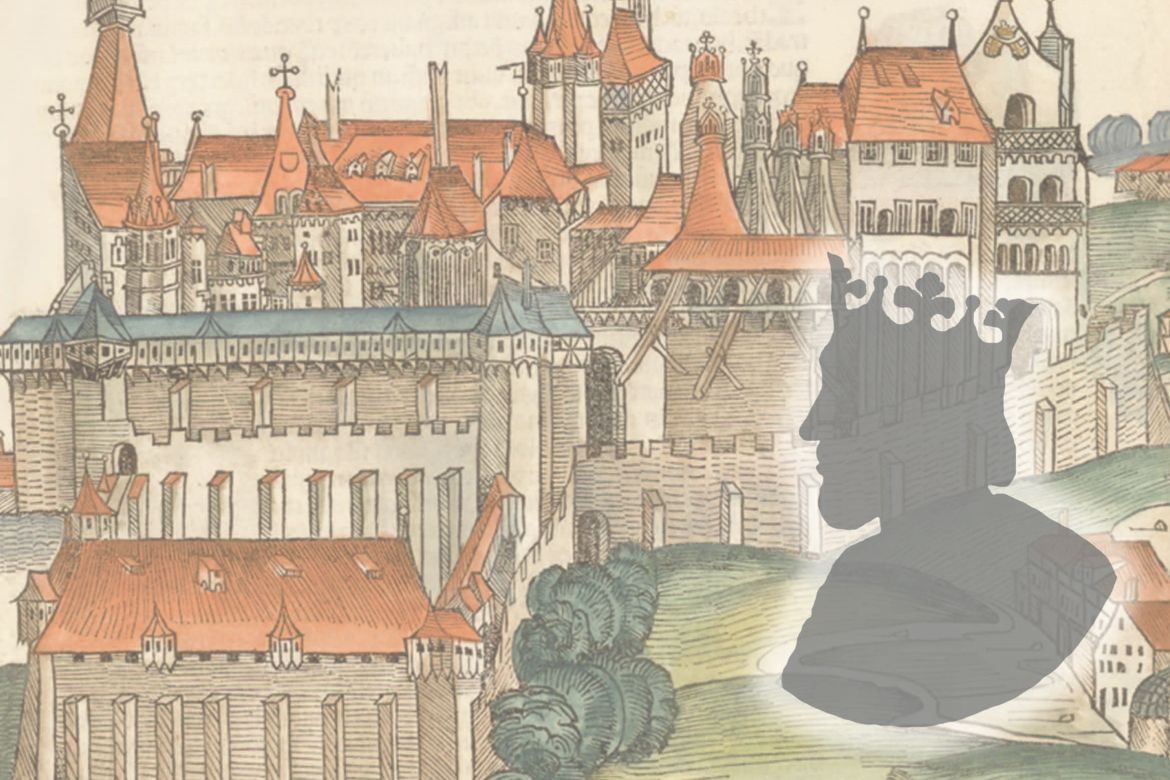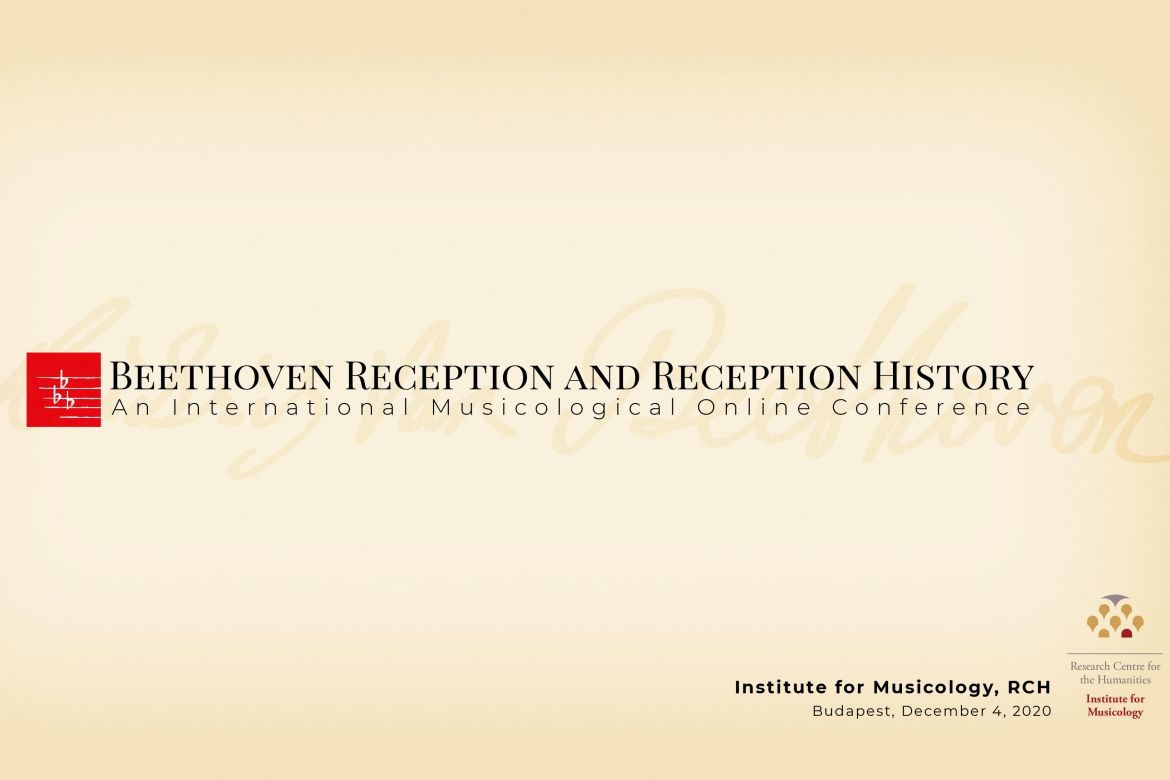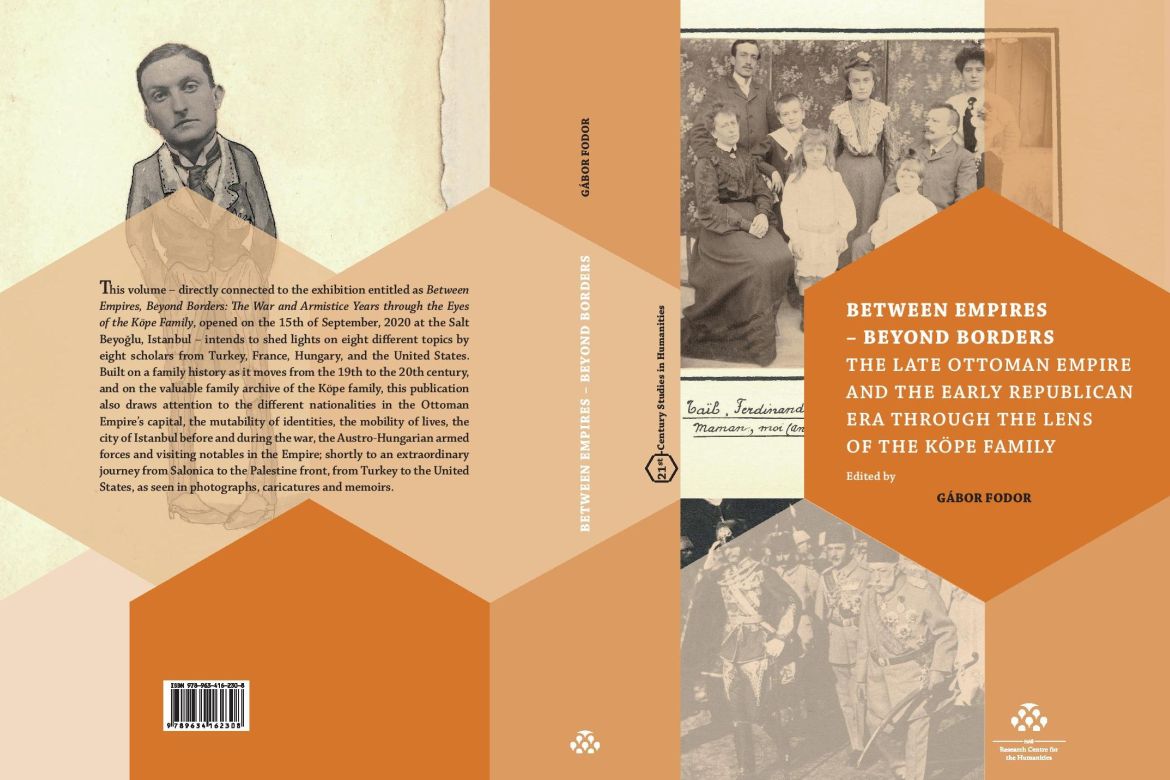
Pope Francis has appointed Hungarian historian Antal Molnár to head of the Pontifical Committee for Historical Sciences for five years, the Hungarian Catholic Bishops’ Conference.
Antal Molnár has been director of the Institute of History of the Research Centre for the Humanities since 2019. The papal committee established in 1954 cooperates with ecclesiastical and non-religious bodies and institutions, focusing on ecumenical dialogue. Molnár is an expert on the early history of the Catholic Church with a focus on relations between Hungary and the Holy See, as well as the history of Hungary and the Balkans in the 16th-17th centuries.

The Kingdom of Hungary in the Árpád era does not take its place in the historical memory as it should deserve. Yet a deeper knowledge of this bright period in the Hungarian history could be an important element of a modern European and Hungarian identity. The Hungarian government wished to facilitate this by adopting the regulation 1832/2013. (XI. 15.) on the Árpád Dynasty Program and related development sub-programs (2013–2038). An Operational Board was set up to elaborate the project, led by Director General of the Research Centre for the Humanities, Pál Fodor. The Board, with the involvement of the leading researchers of the period, developed the Árpád Dynasty Program within a few months, the implementation of which started in 2018.
The program focuses on the preservation, presentation and development of the national memorial site in Székesfehérvár, but it also provides intense support for historical, philological, archaeological, archaeogenetic, etc. research, which enables a more thorough knowledge and presentation of the Árpáds – and the Árpád era in a broader sense. To communicate the results to an international audience, a new English-language series entitled Arpadiana was launched last year by the Research Centre for the Humanities (editors: Pál Fodor and Attila Zsoldos). This article presents the first four volumes published so far.

An English-language volume on the history of the Szapolyai family was published as the latest product of the “Mohács 1526–2026 - Reconstruction and Remembrance” project, which took place between 2017–2020 in collaboration with the Research Center for the Humanities and the University of Pécs. The volume of sixteen studies entitled A Forgotten Hungarian Royal Dynasty: The Szapolyais was edited by Pál Fodor and Szabolcs Varga.

The RCH Institute for Musicology commemorates the 250th anniversary of Ludwig van Beethoven’s birth anniversary with an international conference with invited scholars on the 4th of December, 2020, from 11 o'clock. The focus is primarily, but not exclusively, on the Beethoven reception in Central and East-Central Europe both from a historical perspective and terms of reception theory. The papers explore the history of the Beethoven cult’s formulation on the level of everyday musical practice, and examine the connections between certain musical centers, prominent institutions and individuals in constructing and cultivating Beethoven’s image both as a person and a composer, and in contextualizing his works.

New book of the Research Centre’s series called 21st Century Studies in Humanities bas been published. The volume titled Between Empires, Beyond Borders. The Late Ottoman Empire and the Early Republican Era through the Lens of the Köpe Family is edited by Gábor Fodor, director of the Hungarian Cultural Institute in Istanbul. The book is based on the memoirs of Antoine Köpe, and it contains eight studies by Hungarian, Turkish, French and American researchers, and the American descendants of the Köpe family, Elizabeth and Charles Childress.
Page 22 of 25